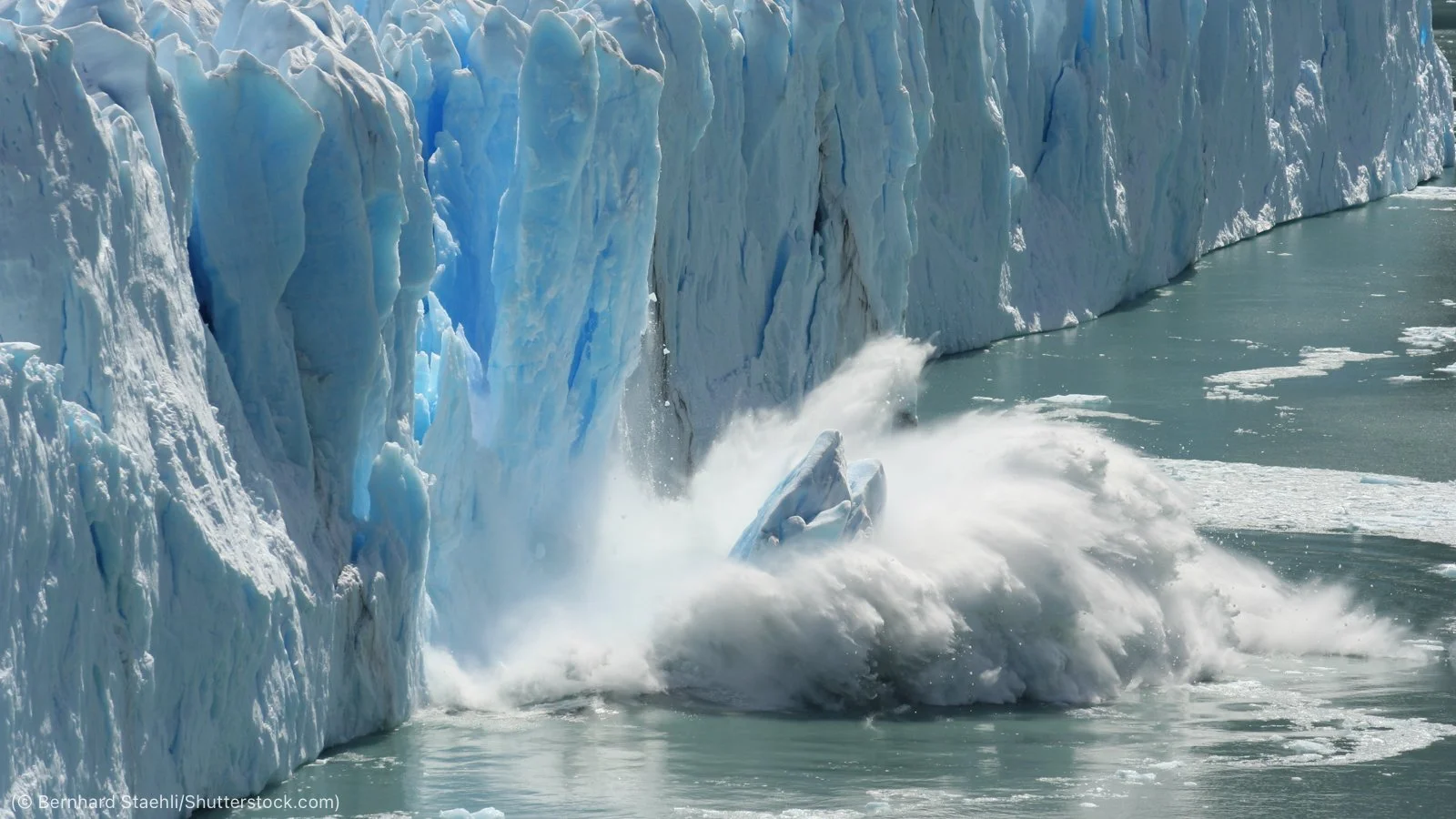
Sea-level Rise
About a billion people will be at risk from coast-specific climate hazards under all emissions scenarios.
“The IPCC's earlier report showed that global mean sea level has risen faster since 1900 than during any preceding century in at least the last 3000 years. This latest report reiterates that unavoidable sea-level rise will cause cascading and compounding impacts. This includes the loss of coastal ecosystems and their services, groundwater salinisation, flooding and damage to coastal infrastructure.
Globally, we expect about a billion people will be at risk from coast-specific climate hazards under all emissions scenarios. In coming decades, the risk of coastal flooding will increase rapidly. It could be two to three orders of magnitude greater by 2100, without effective adaptation and mitigation.” - The Conversation
Ice Sheet and Glacier Melt
“One of Antarctica's most important glaciers is holding on "by its fingernails" as warming temperatures around the globe threaten to cause further deterioration, which could then destabilize the glaciers in the entire region.” - ABC
Cost of Coastal Flooding
“Coastal flooding made worse by climate change could damage assets worth up to $14.2 trillion by 2100 as rising seas inundate coastal homes and infrastructure, according to new research published on Thursday in Scientific Reports.” - CNBC
How to Stop Coastal Flooding
“Climate change mitigation, through reduced greenhouse gas emissions, is obviously the most powerful solution. But state and federal climate adaptation approaches are also critical. For instance, the National Flood Insurance Program must be reformed to meet the growing threat of flooding; coastal military bases should be defended or moved inland; and both funding and expertise must be directed to flood-threatened communities.” - NRDC
More Reading
This is what sea level rise will do to coastal cities - Verge Science
Rising sea levels could impact the world's coasts by 2050, a new study says. CNN meteorologist Tom Sater shows "astonishing" images of what that might look like.
Climate change's connections with the extreme heat and weather events in the U.S. and around the globe have been well established. But climate change is also having a measurable impact on a much slower-moving development: the loss of glaciers and the melting of the ice. Miles O'Brien brings us this update on a scientist's quest to chronicle what's happening with one of the most important glaciers. PBS News
A new study from the Nature Climate Change journal says the Greenland ice sheet will trigger nearly a foot of global sea-level rise when it melts. Ted Scambos, a senior research scientist at the University of Colorado, joins John Dickerson on CBS News to discuss. CBS News
